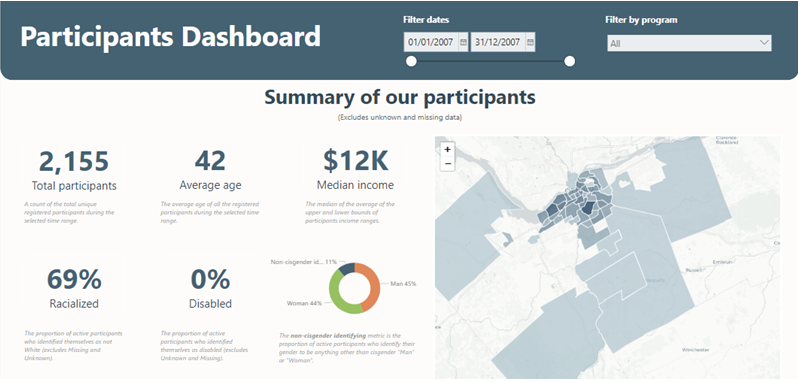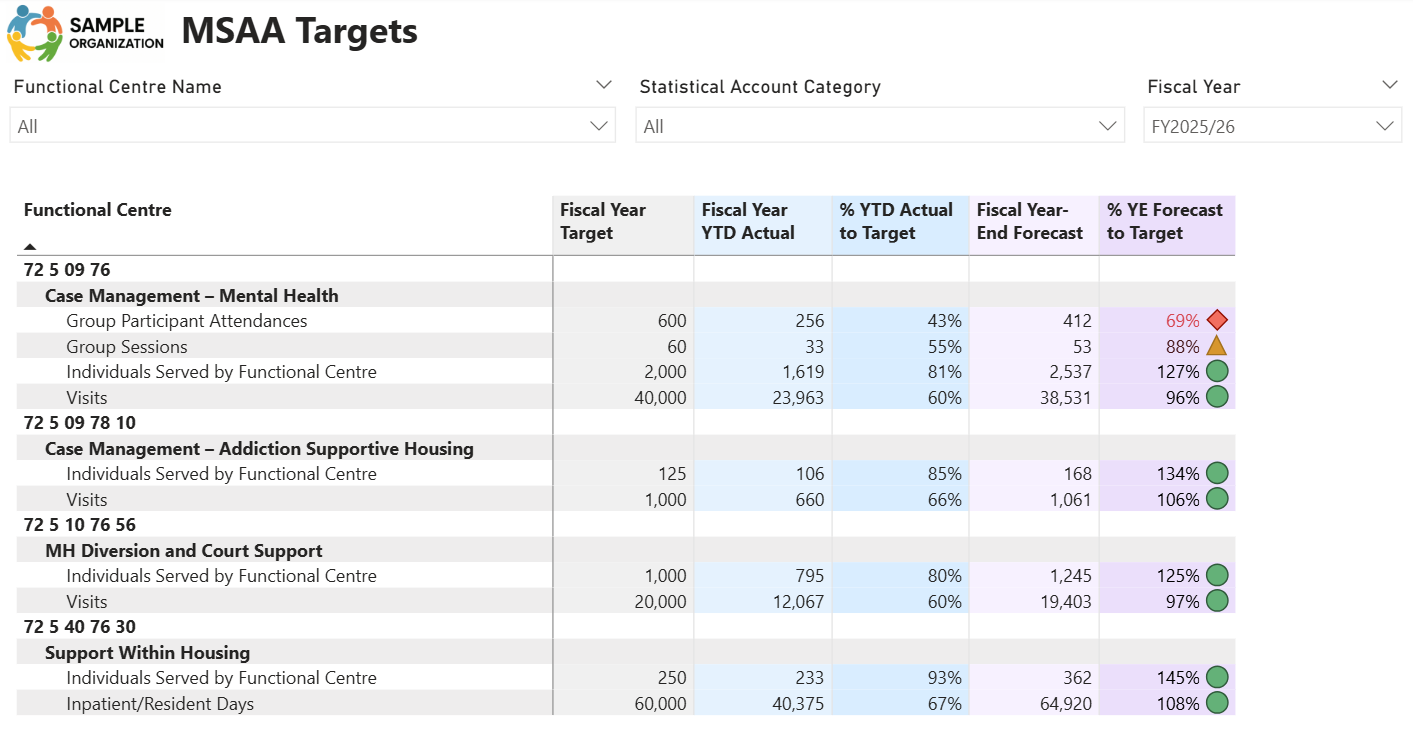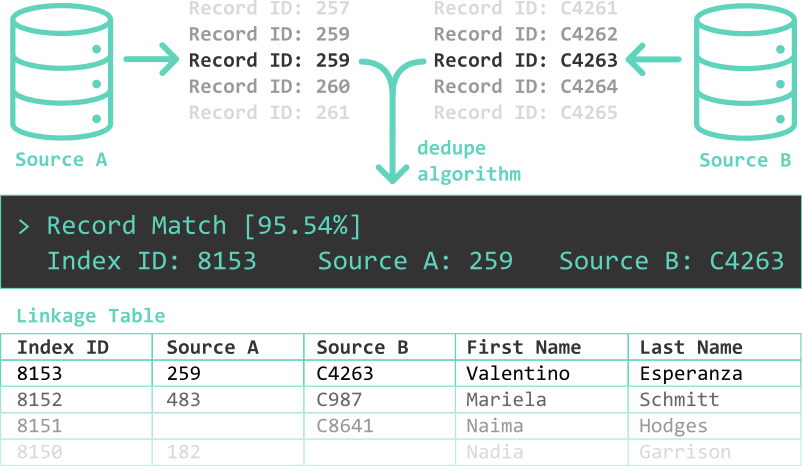
Developing full-fledged software can be expensive and it is usually beyond what the nonprofit sector actually needs: tools that work reliably and that solve enough of a problem that they save time and produce better quality data. We would describe our products as "stable prototypes".
When we get requests that tackle data problems that are common to other nonprofits, we look for opportunities to generalize the solutions so that they can be adapted for other organizations. Re-using components of past work allows us to offer products at a substantial discount relative to the initial development cost. Our latest products are summarized here:





Contact us to chat about adapting one of our existing products to your needs or to share a new product idea.